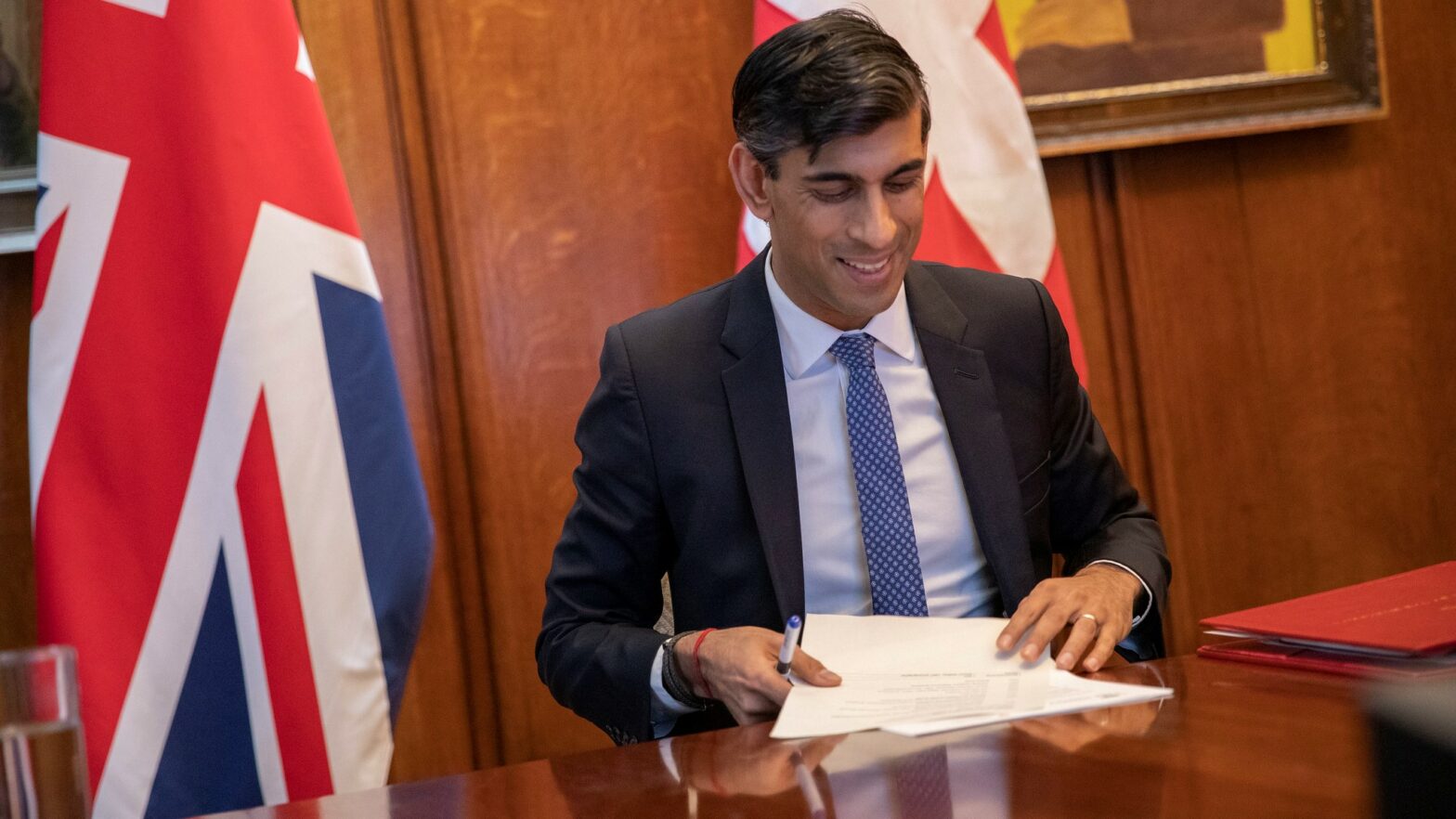Rishi Sunak, the chancellor, is deciding whether to subsidise small businesses giving young people aged below 25 full-time jobs.
Such a scheme, which could be announced next week when the chancellor unveils his plans to get the UK economy moving again, would be similar to the future jobs fund which ran between 2009 and 2010.
The commitment to subsidise young people working for small businesses would be part of an “opportunity guarantee” to ensure that every young person has a chance of an apprenticeship or an in-work placement.
>See also: How to reopen your restaurant, pub or hotel post-lockdown
Young people aged below 25 are the most vulnerable when it comes to the jobs market post pandemic, with the Bank of England estimating 9 per cent unemployment as the country struggles back onto its feet. According to a Be the Business survey published this week, businesses expect to lay off 11 per cent of already furloughed workers, while a quarter have already had to make redundancies.
Although the future jobs fund cost the Treasury £720m when it ran in 2009-10, the Exchequer recouped half its cost through taxes. Yet then prime minister David Cameron axed the scheme, saying it was “expensive, badly targeted and did not work”.
Meanwhile, the chancellor has, according to the Financial Times, gone cool on the idea of selected value added tax cuts for, say, the hospitality or tourism sectors, which have been terribly shaken by lockdown.
Ex chancellor Sajid Javid has called for a general VAT cut to 17 per cent, which he said would pump £60bn into the economy over three years.
Carl Emerson of the Institute for Fiscal Studies told the FT that an across the board VAT rate cut might be better left for now if spending does bounce back. Andy Haldane, chief economist of the Bank of England, has predicted a strong V-shaped recovery, rather than the flatlining or overwhelming Depression which others dread.
And the Treasury has also poured cold water on calls by Conservative MPs to continue the coronavirus jobs retention scheme for sectors still unable to reopen due to COVID-19 such as the performing arts, or hyperlocal furloughs for towns or areas temporarily locked down to blunt the spike in coronavirus cases.
Further reading
How to reopen your hairdressers and barbers and post lockdown





